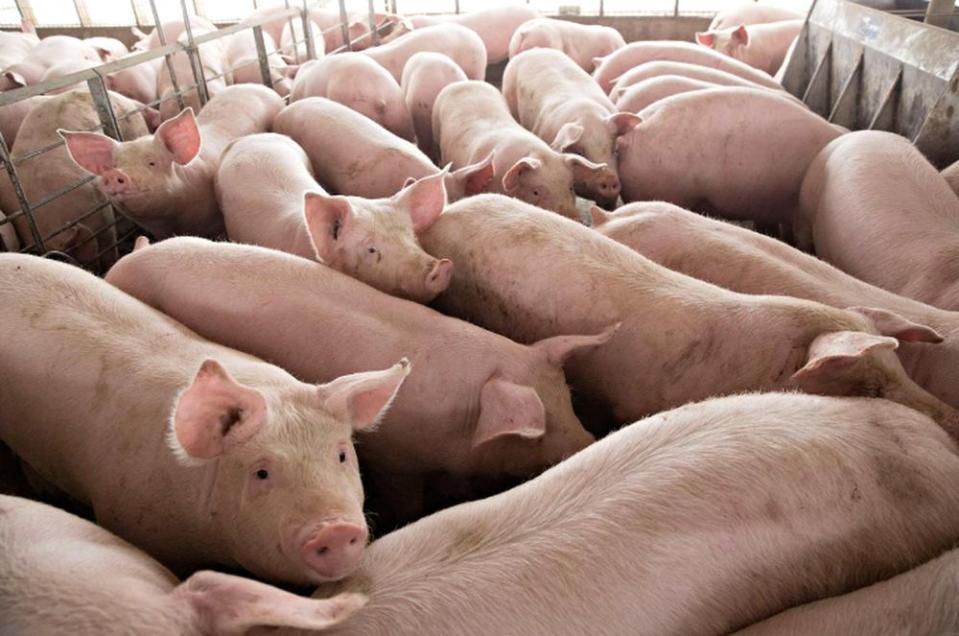Malaysia bans Indonesian pork products as ASF precaution

KUALA LUMPUR, Dec 15 — Pork products from Indonesia are now banned, Deputy Agriculture and Agro-based Industries Minister Sim Tze Tzin said, adding South-east Asia’s largest economy to a growing list of countries Malaysia has forbidden the import of porcine goods.
Sim added that the ban is to protect Malaysia's bio-security as ASF has been reported in Indonesia and 10 other countries, The Star reported on its website today.
“We have taken steps to ban all pork-related products from infected countries. We urge Malaysians to be vigilant in the battle against the outbreak and refrain from buying imported pork-related products,” he was quoted saying in Bayan Baru, Penang yesterday.
Sim said his ministry will conduct more enforcement checks on restaurant operators and retailers to curb smuggling of banned products.
The deputy minister said Malaysia’s local pork industry, estimated to be worth RM5 billion, is largely sustainable as it produces 93 per cent of the goods for the domestic market and does not foresee a decrease in supply.
Malaysia already bans the import of pork and pork-based products from 10 countries because of the ASF outbreak.
They are: Belgium, Chad, China, Hungary, Latvia, Moldova, Mongolia, Poland, Romania, and Ukraine.
In Asia, ASF outbreaks have been reported in 10 countries, they are: China, Cambodia, East Timor, Laos, Mongolia, Myanmar, the Philippines, Vietnam and both North and South Korea.
The ASF virus is not known to infect humans but is fatal to swine; there is currently no vaccine or cure available apart from culling to curb its spread.
However, pig intestines are the common active ingredient in commercially-available heparin, a blood-thinning agent in drugs prescribed to people at risk of a heart attack or stroke.
The large-scale culling of pigs worldwide could reduce the source supply of this key component.
Related Articles Chinese inflation hits eight-year high as pork prices double China new market for Malaysia’s pineapple No interference in awarding of contracts by Agriculture Ministry, says deputy minister


